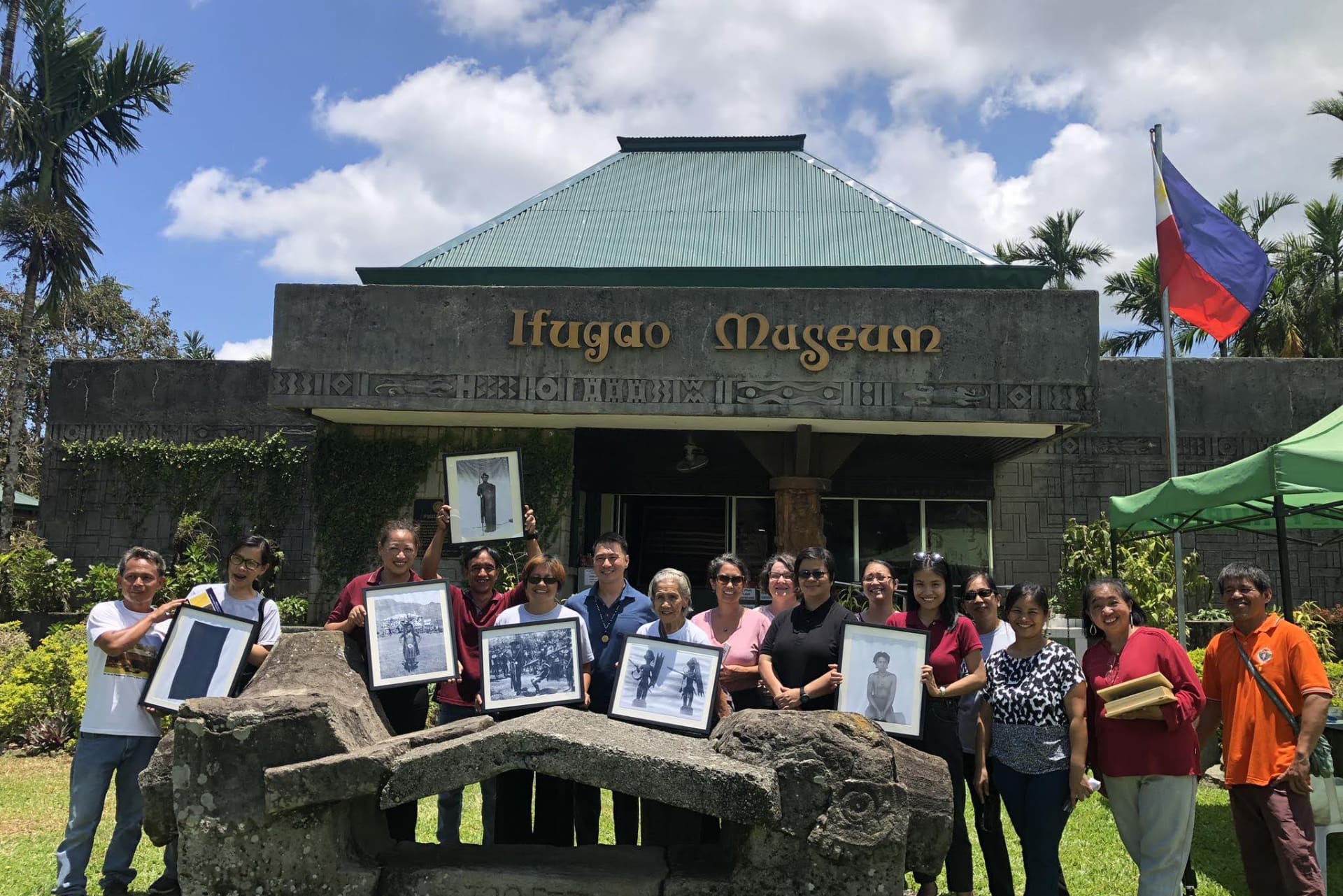
Reconnecting: Knowledge Repatriation in the Philippines
In the summer of 2021, Jim Moss, collections manager at UMMAA, joined a group called ReConnect/ReCollect: Reparative Connections to Philippine Collections at the University of Michigan.
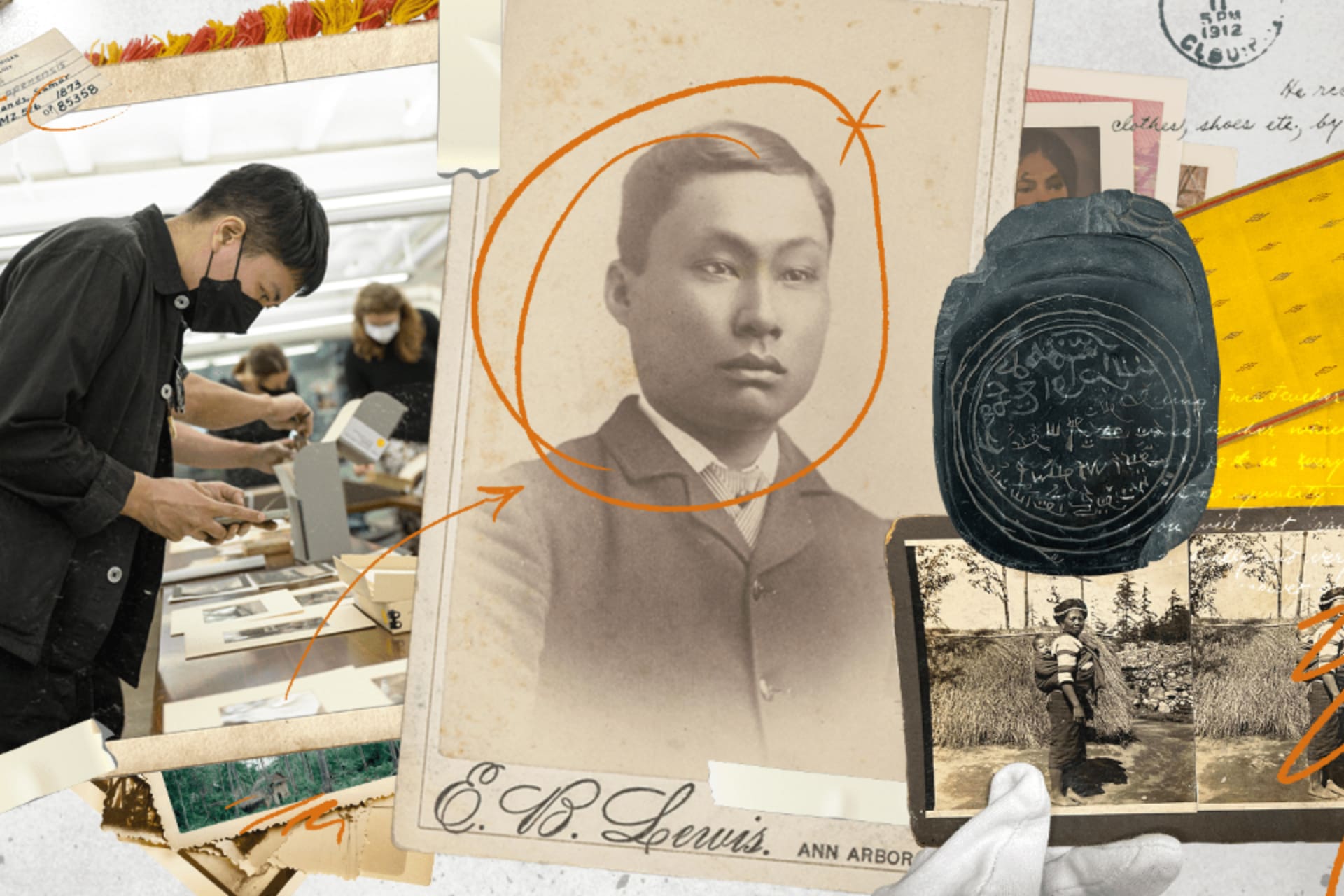
Mending a History of Harm
Scattered across the University of Michigan’s campus in libraries and museums are roughly 20,000 objects from the Philippines.
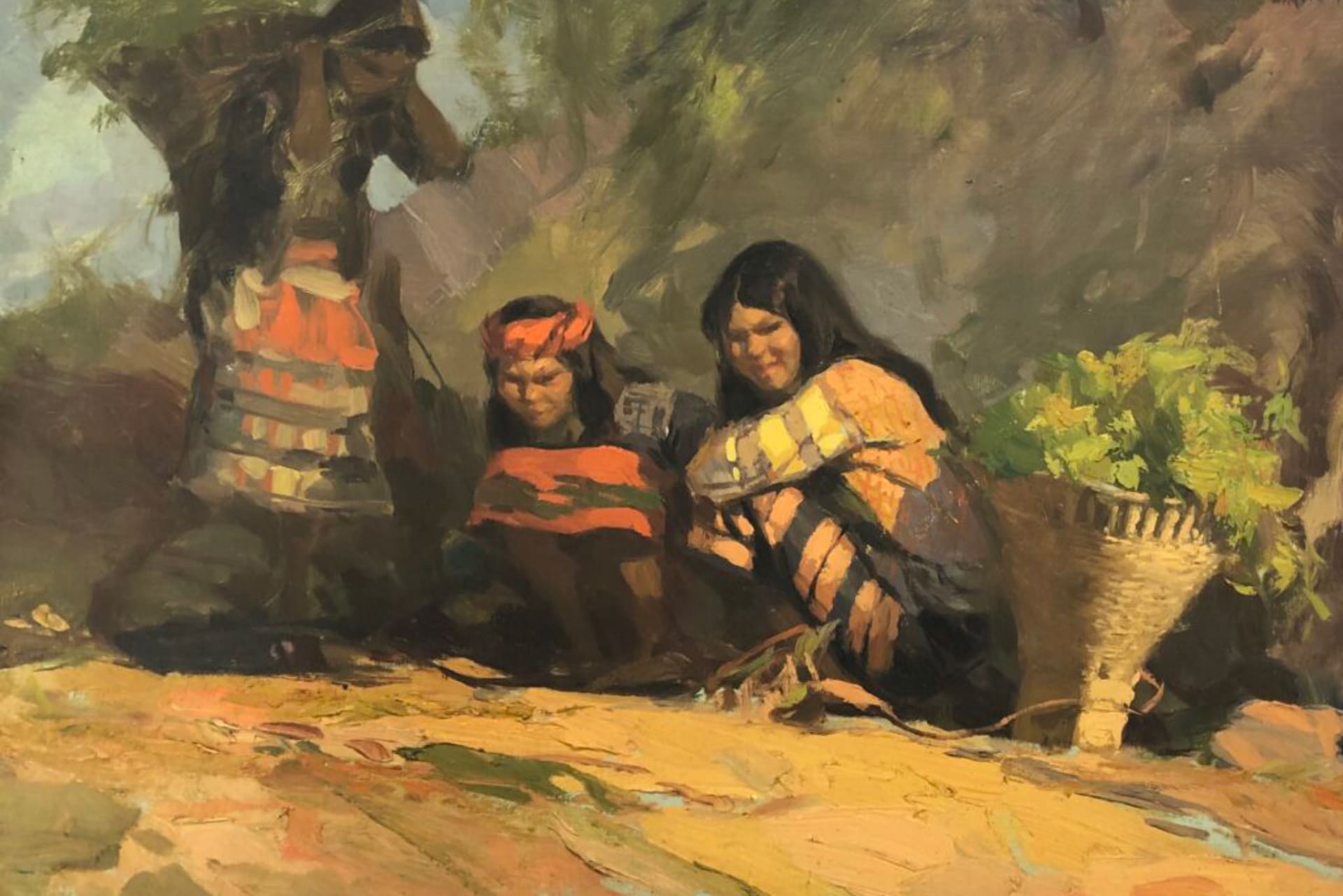
The Mystery of the Unidentified Painting
The questions surrounding a Bentley painting from the Philippines reveal the truth about problematic and harmful content in the archive.
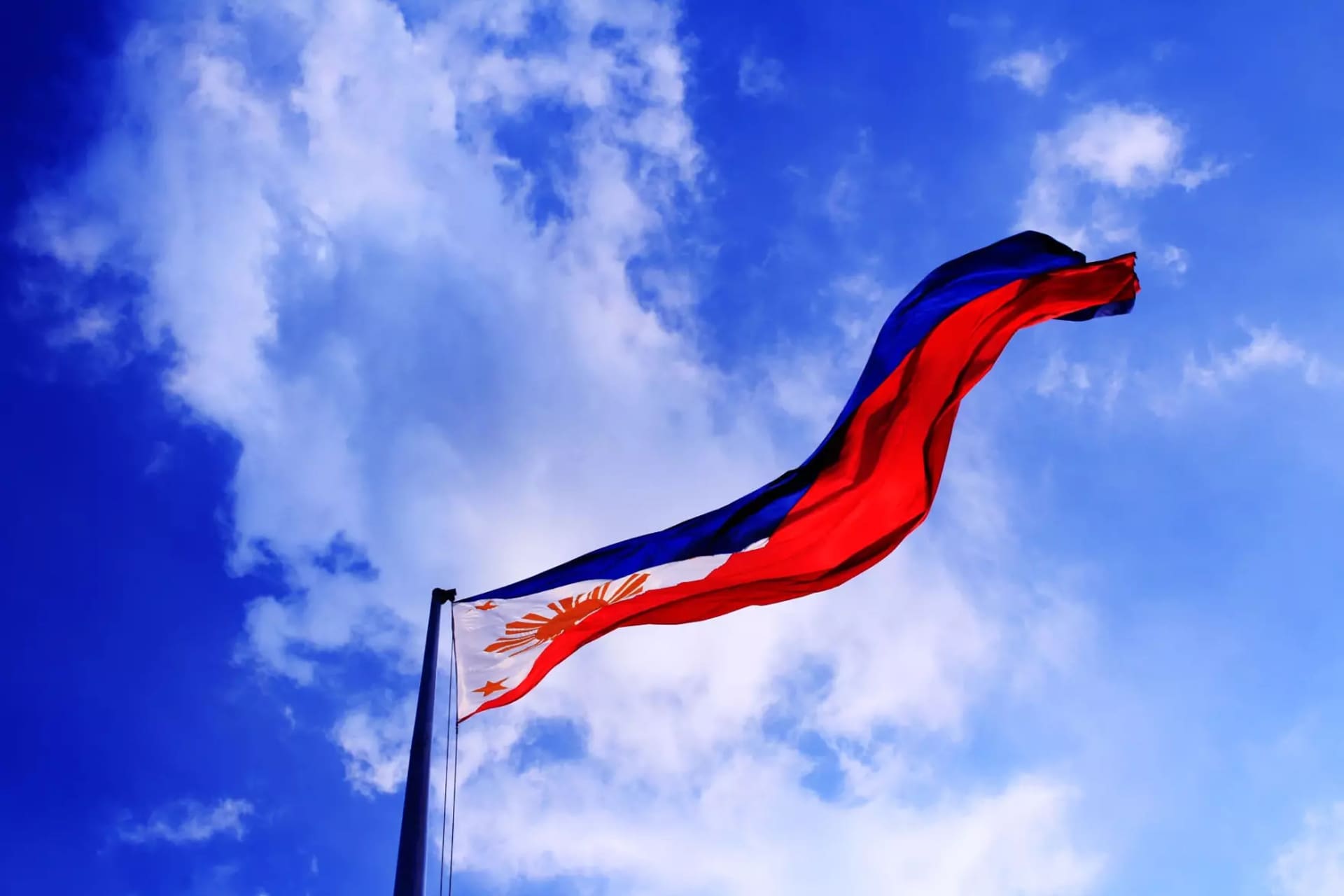
New project at University of Michigan works to decolonize Philippine archives
It’s been 76 years since the Philippines gained independence from the United States.
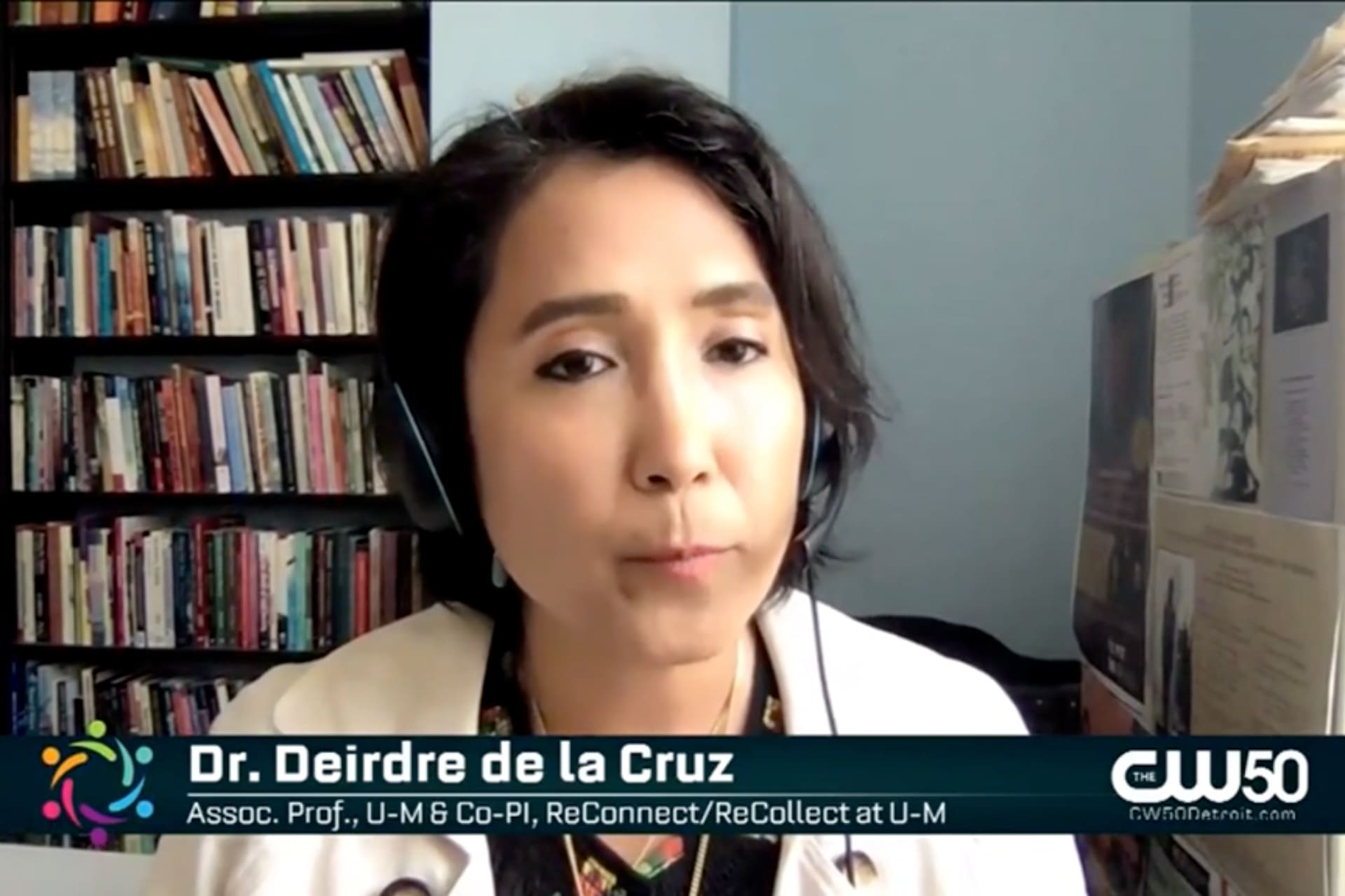
Community Connect: Filipino Heritage
On this week’s Community Connect – Michigan’s Filipino community, experiencing food as healing, and decolonizing their history.
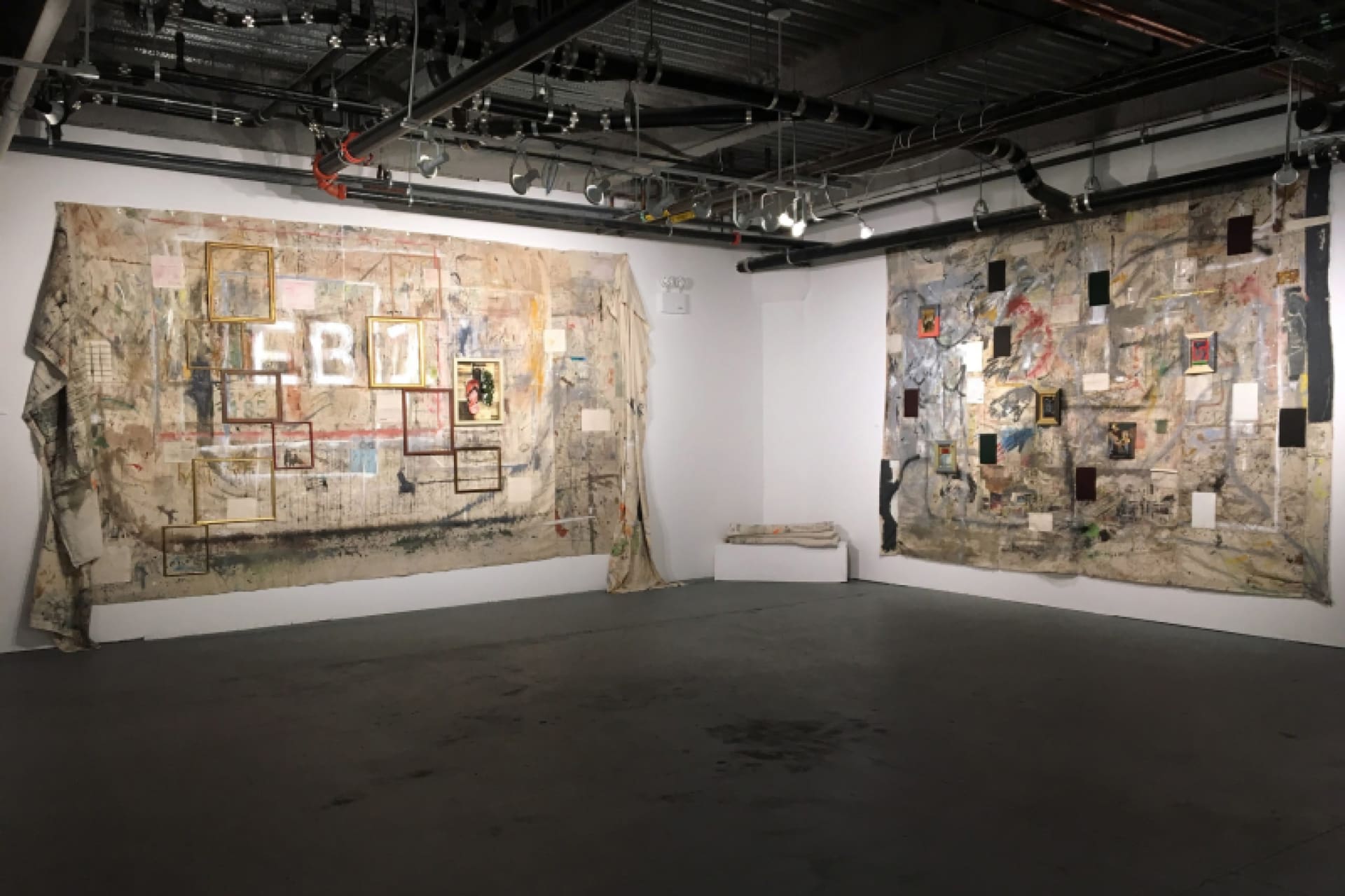
The Woven History of Filipino American Artists
A look at the myriad ways Filipino American artists are connecting, creating artistic platforms, and engaging with their history and identity.

Monuments and Conflicted Memories
Some visitors to the main hall of the National Museum of Fine Arts are surprised to find an impressive monument of marble and bronze standing between Juan Luna’s “Spoliarium” and Felix Resurreccion Hidalgo’s “Assassination of Governor Bustamante.”

Issues on human remains
In the mid-1980s, one of many Kabayan mummies in the bodega of the National Museum was displayed to the public in a glass case. I brought my students there, pointing out the tattoos clearly visible on the smoked skin of this anonymous woman’s arms and back. History and anthropology are allied disciplines that reconstruct life from traces, and in this case, human remains.
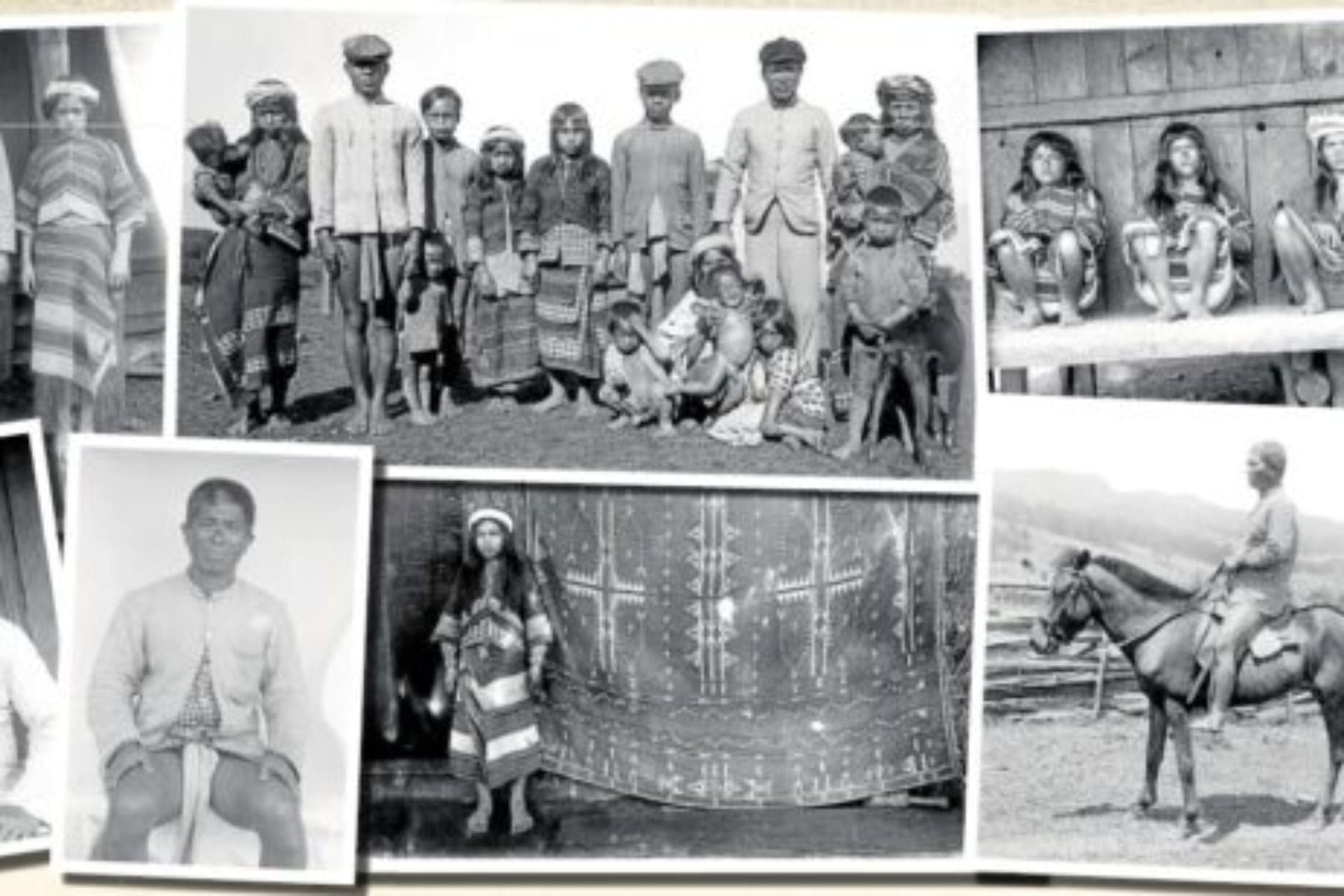
Ibaloys reconnect with past through photographs
The moment they laid eyes on a photograph taken more than a hundred years ago, descendants of the original Laoyan clan settlers in this city realized that they bore a striking resemblance to the young girl in the portrait.
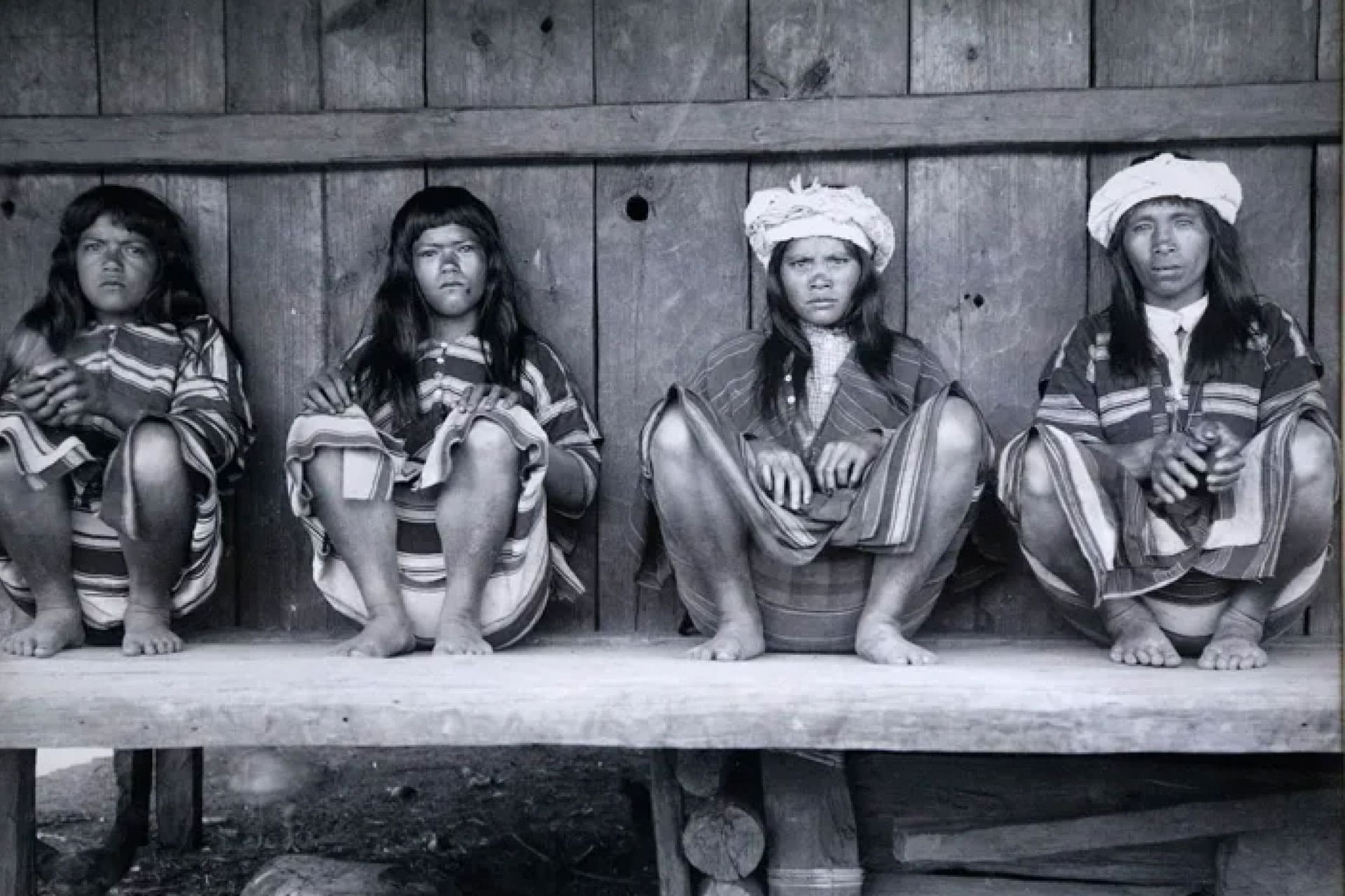
Images of Kafagway pioneers unveiled
Some of the old photographs of the Ibaloys, who were mostly original settlers of Kafagway (old name of Baguio) not seen before were turned over to their descendants by a group from the University of Michigan at the Ibaloy Heritage Garden on Aug. 7.
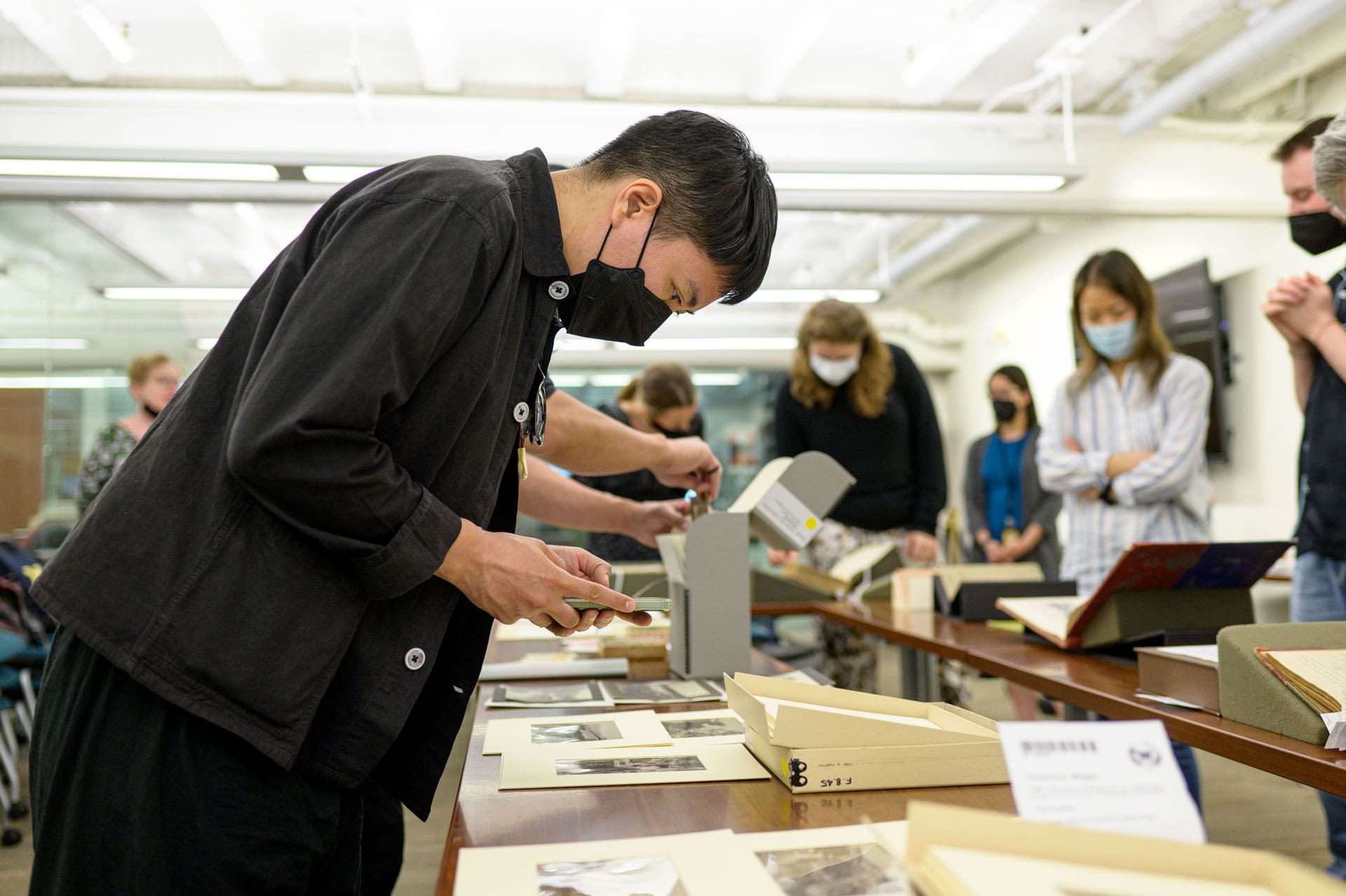
Decolonizing Collections
In May, three artists—two from Brooklyn, one from St. Louis— converged upon Ann Arbor to do what historians usually do. They spent time in the archives. Maia Cruz Palileo, Francis Estrada, and Janna Añonuevo Langholz were here for a two-week residency. But they weren’t here to do research in the traditional sense.
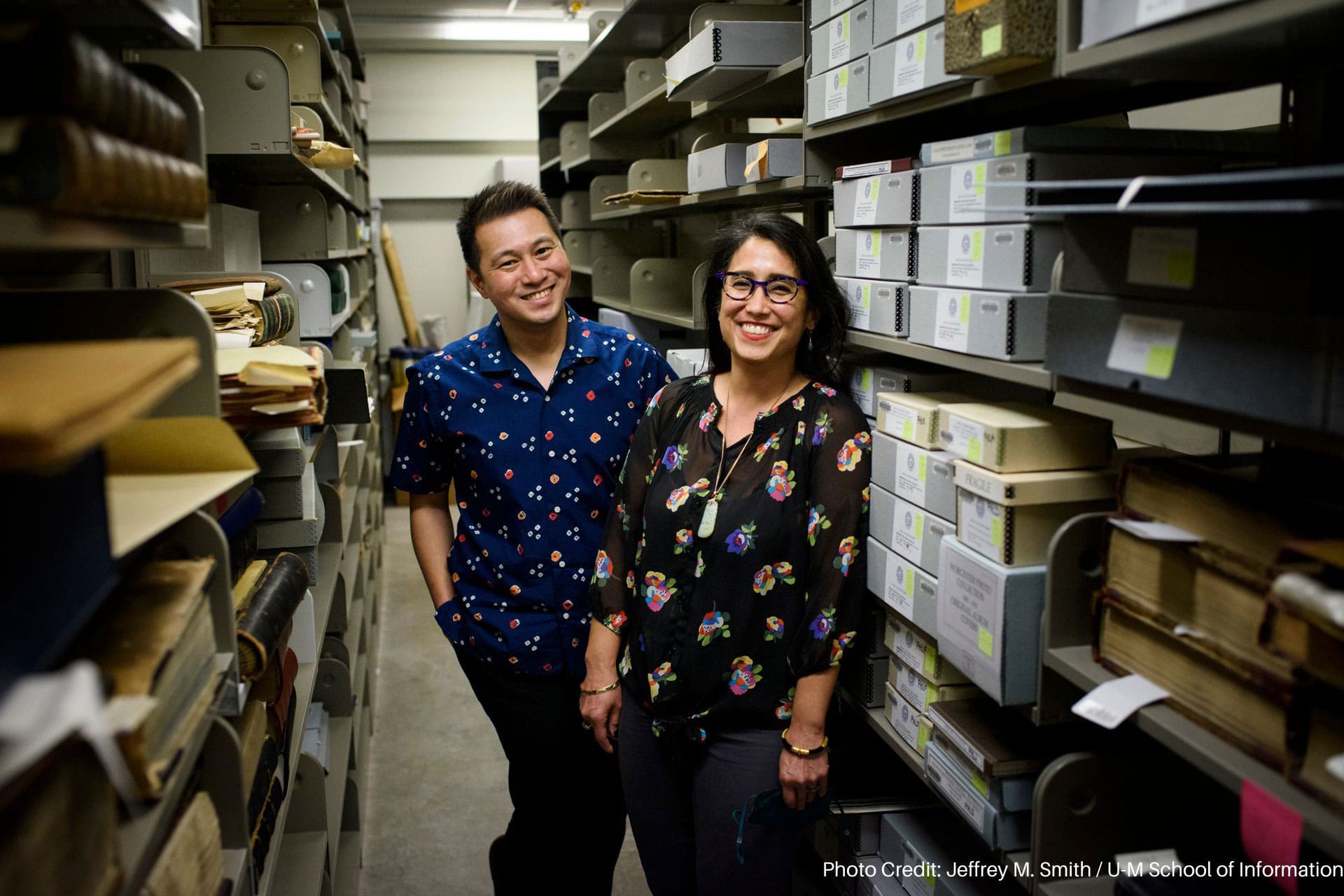
UMSI faculty leads a project to decolonize U-M Philippine collections
The University of Michigan’s Ann Arbor campus is 8,199 miles from Manila, the capital city of the Philippines. Spread throughout multiple campus locations is one of the largest collections of historical Filipino artifacts outside of the archipelago nation.
